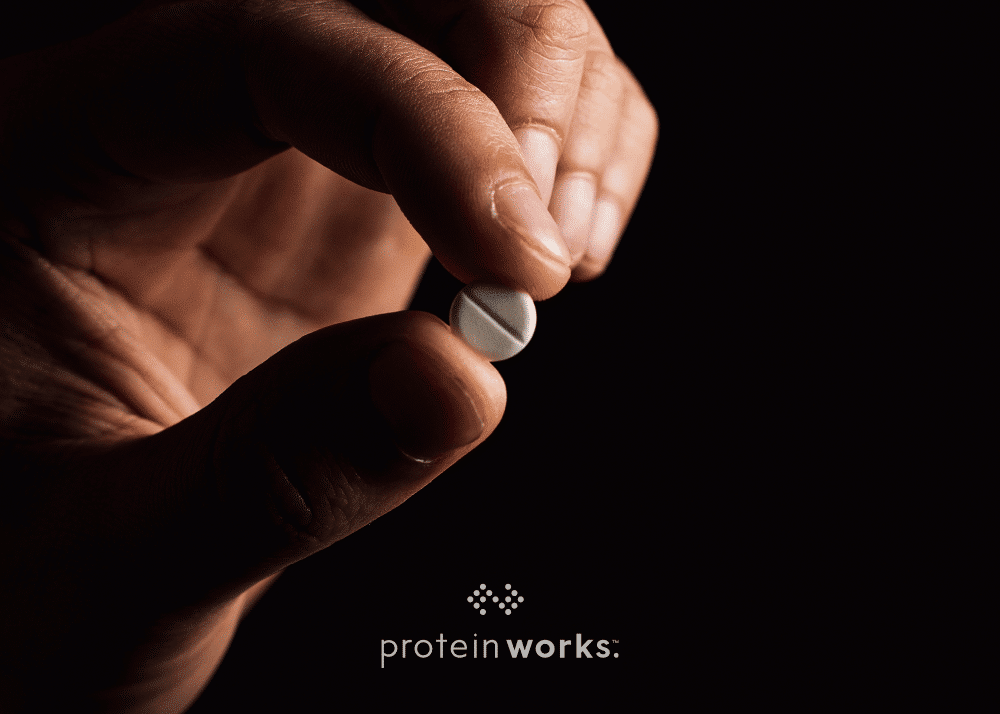
What Is Vitamin D?
Vitamin D is one of those things that everybody knows is important. However, very few know what Vitamin D is, where to get it from or why it is important. This may be because it is only over the last 20 or so years that the effects of being deficient in vitamin D, and then introducing vitamin D via supplementation, have been studied in depth. While more studies will need to be carried out, the current findings suggest vitamin D could aid health and performance in those who are currently deficient.
How Can I Get Vitamin D In To My Diet?

Vitamin D is most obtainable through exposure to UVB radiation (also known as sunlight!). Exposure to these rays converts pre-vitamin D3 to vitamin D3 and then to the active form of vitamin D (1,25(OH)2D for those interested!). The quantities produced this way far exceed those gotten through food. However, it is possible to supplement vitamin D (make sure it is vitamin D3 and not D2). This is probably the easiest method due to our lovely climate in the UK. Having said that, it was found that athletes in Qatar and Australia were vitamin D deficient due to the sunblock routine they use when training outdoors. The RDA for vitamin D, for adults, is 800 IU, although, the studies suggest that this amount might actually be a little low and that up to 4000 IU can be taken safely.
The Benefits of Vitamin D on Bone Health
Vitamin D is known for its health benefits. The most popularised benefit is that of increased bone mineral density (or “strong bones” as it says on the TV). An increase in vitamin D status has been shown to increase bone mineral density in those who are deficient. A deficiency in vitamin D can lead to a condition called Osteomalacia (in children this is known as Rickets). Because of this benefit, vitamin D has also been used to treat and help prevent Osteoperosis. A higher dose a vitamin D is also recommended if recovering from a bone injury e.g. stress fracture.
The Benefits of Vitamin D on Immune Function
Improved immune function is also a benefit of an increased vitamin D. Vitamin D has a role in white blood cell and cell signalling molecule production. White blood cells are blood cells fight infection and rid of any foreign bodies; so an increase in production can only increase the function of the immune system.
The number of people reported to be suffering depression peaks in the winter when there is little sunlight; thus vitamin D levels are at their lowest. This condition is referred to as SAD (Seasonal Affective Disorder). Supplementing vitamin D has been shown to increase mood and decrease the number of people feeling ‘depressed’. Although controversial, it would be beneficial to have a few minutes on tanning beds in the winter months. Care must be taken not to let the skin turn red and ‘burn’ if this is your choice of increasing vitamin D status, as this is when serious skin problems can occur.
The Physiological and Performance Related Benefits of Vitamin D
The benefit of vitamin D supplementation on physiology is something that requires further investigation. However, studies which have been completed have gathered results that suggest increasing the vitamin D status of an individual who is deficient could result in physical adaptations and better performance. The previously mentioned increased bone mineral density helps improve performance as it means that more force can be applied through the joints. Bone related injuries are also less likely which can only be beneficial to performance.
It has also been shown that increasing vitamin D status has increased the size of fast twitch muscle fibres (type II). This means supplementing vitamin D could lead to muscular hypertrophy and also increases in strength. These studies were conducted on the elderly, however, the results suggest that prolonged vitamin D supplementation could aid in strength/muscle mass gains and also, help against muscular atrophy (muscle wastage) when trying to reduce body fat on restricted calories.



No Comments yet!